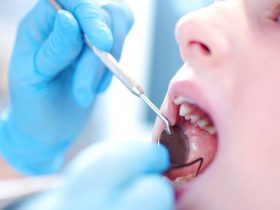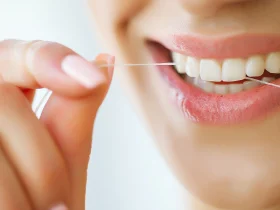Pituitary hormones stimulate growth, cell reproduction, and regeneration. The body naturally produces HGH in pulses throughout the day, with the most significant releases occurring during deep sleep. This production gradually declines as we age, dropping significantly after our mid-20s. This natural decline explains why many athletes and fitness enthusiasts become interested in HGH supplementation as they mature. Natural HGH is crucial in maintaining muscle mass, bone density, and metabolic function – all factors directly impacting athletic performance and workout results. Protein synthesis is triggered, and the hormone produces insulin-like growth factor 1 (IGF-1) in the liver.
Muscle growth and recovery benefits
HGH offers several advantages for muscle development that make it attractive to those looking to maximise their workout results. HGH accelerates protein synthesis within muscle tissue when present in optimal amounts, leading to faster repair of exercise-induced micro-tears. This accelerated recovery allows frequent high-intensity training sessions without overtraining or excessive soreness. The hormone also amplifies collagen synthesis in tendons and ligaments, potentially reducing injury risk during intensive workouts. Many bodybuilders report noticeable muscle fullness and density improvements when maintaining proper HGH levels, as the hormone helps muscles retain nitrogen and other essential compounds needed for growth.
Fat metabolism and body composition
One of the most sought-after effects of HGH is its impact on body composition. HGH significantly influences how the body processes fat by:
- Increasing lipolysis (fat breakdown) by directly activating fat cells to release stored triglycerides
- Promoting the preferential use of fat as fuel during both rest and exercise periods
- Preventing the storage of new fat by improving insulin sensitivity in muscle tissue while maintaining insulin resistance in fat cells
- Supporting the development of brown adipose tissue, which burns calories rather than storing them
This metabolic influence helps create the lean, defined physique many athletes desire while making it easier to maintain low body fat percentages even during bulking phases.
Energy and endurance improvements
Athletes across various disciplines report substantial improvement in training capacity when optimised HGH levels. The hormone enhances mitochondrial function within cells, producing more efficient energy during aerobic and anaerobic exercise. Many athletes and bodybuilders for hilma biocare visit hilmabiocare.shop when seeking information about optimising their training capacity through hormonal support. HGH also improves oxygen transport throughout the body by increasing red blood cell production, similar to the effects seen with altitude training.
Natural methods to boost hgh
Not all HGH enhancement requires exogenous sources. Several natural techniques can meaningfully increase the body’s production. High-intensity interval training creates significant post-exercise HGH spikes, sometimes raising levels by 300-500% for short periods. Fasting protocols, particularly intermittent fasting with 16-20 hour fasting windows, have been shown to increase HGH pulse frequency. Deep sleep optimisation matters tremendously, as most daily HGH release occurs during slow-wave sleep cycles. Amino acid supplementation, particularly with arginine, ornithine, and glutamine, can support the pituitary’s natural HGH production before exercise or sleep.
Tracking progress and optimising results
Methodical monitoring helps ensure HGH supplementation delivers desired outcomes while minimising potential complications. Regular body composition assessments using methods such as DEXA scans provide objective data on changes to muscle mass and fat distribution. Performance metrics tracking across various exercise modalities helps quantify strength, power, and endurance improvements. Blood work monitoring should include glucose, insulin, and IGF-1 measurements to ensure metabolic health remains stable.










